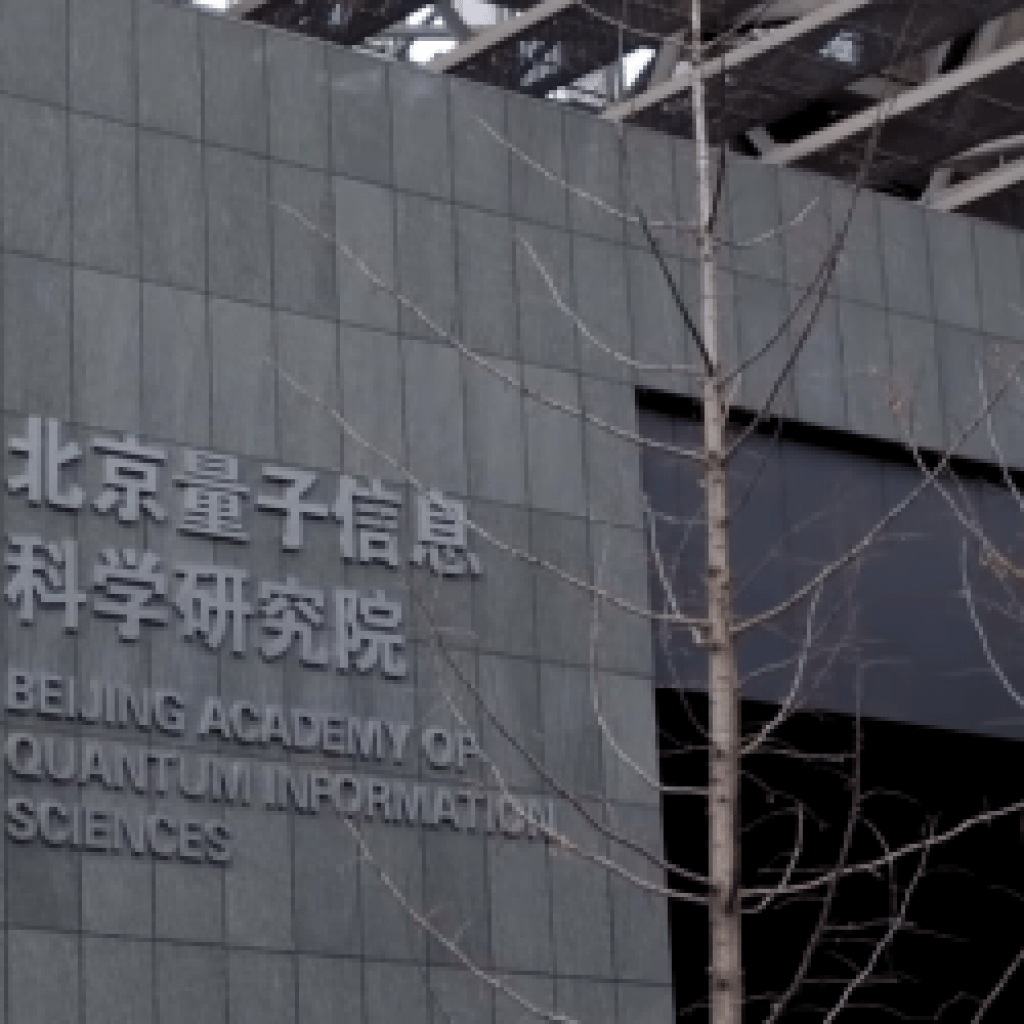(Axios) A new report finds universities in China are producing more STEM doctoral students than those in the U.S. — and the gap is projected to only widen.
Why it matters: Creating pipelines of STEM-trained workers, including Ph.D.-level experts, is a national priority for both the U.S. and China as they compete in artificial intelligence, quantum computing, biotechnology and other fields.
“The gap in STEM Ph.D. production could undermine U.S. long-term economic and national security,” the data brief from the Center for Security and Emerging Technology (CSET) at Georgetown University says.
What’s happening: “The trends in China show their investments seem to be paying off in terms of the quantity and quality of graduates,” says co-author Remco Zwetsloot of CSET.
By the numbers: The authors project Chinese universities will award more than 77,000 STEM Ph.D. degrees per year by 2025 versus about 40,000 in the U.S.
If international students studying at American institutions weren’t included in the U.S. data, “Chinese STEM Ph.D. graduates would outnumber their U.S. counterparts more than 3-to-1.”
Between the lines: The quality of doctoral education in China — which has been a concern in the past — also appears to be improving, according to the report.
About 45% of Ph.D.s awarded are from the country’s 42 most elite institutions (36 of which are ranked in the top 500 universities in the world) versus about 20% from local or privately administered universities where standards tend to be lower.
Chinese Universities Produce More STEM Doctoral Students than U.S.: STEM Workers Priority in Quantum Tech, AI & Biotechnology
